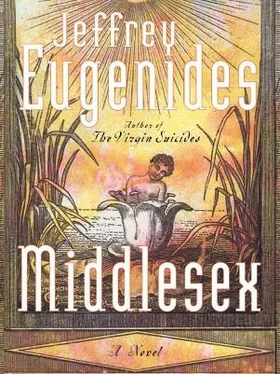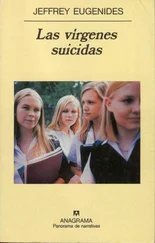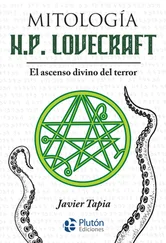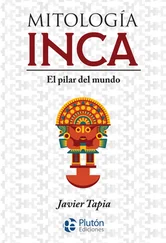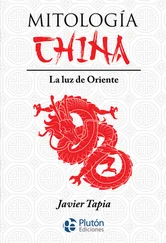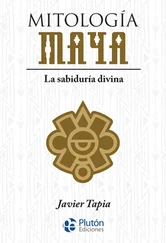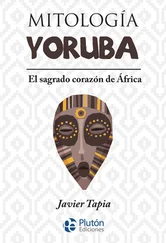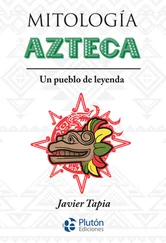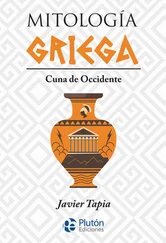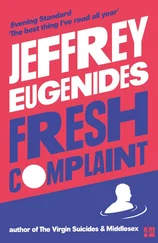“No,” Jerome cried. “Come on. Don’t !”
I let it fall. Like a raindrop. Like a tear. But neither of those things. The spit plopped right between Jerome’s eyes. And then the earth opened up beneath us. With a roar Jerome rose up, sending me backward. My supremacy had been brief. Now it was time to run.
I took off across the porch. I jumped down the steps and tore across the back lawn, barefoot. Jerome came after me in his Dracula getup. He stopped to fling off the coat and I increased the distance between us. Through the backyards of the neighboring houses I ran, ducking under pine branches. I dodged bushes and barbecues. The pine needles gave good traction under my feet. Finally I reached the open field beyond and fled into it. When I looked back Jerome was gaining on me.
Through the high, yellow grass along the bayshore we flew. I jumped over the historical marker, grazing my foot, then hopped in pain and continued on. Jerome cleared it without a hitch. On the other side of the field was the road that led back to the house. If I could get over the rise, I could double back without Jerome seeing me. The Object and I could barricade ourselves in our room. I reached the hill and started up. Jerome came after me, scowling, still gaining.
We were like runners in a frieze. In profile, with pumping thighs and knifing arms, we cut through the shin-whipping grass. By the time I reached the bottom of the hill Jerome seemed to be slowing down. He was waving his hand in defeat. He was waving it and shouting something I couldn’t hear . . .
The tractor had just made a turn onto the road. High in his seat, the farmer didn’t see me. I was looking back to check on Jerome. When I finally turned forward it was too late. Right in front of me was the tractor tire. I hit it dead on. In the terracotta dust I was spun upward into the air. At the apex of my arc I saw the raised plow blades behind, the corkscrewing metal covered with mud, and then the race was over.
I awoke later, in the backseat of a strange automobile. A rattletrap, with blankets covering the seats. A decal of a hooked, flapping trout was pasted to the rear window. The driver wore a red cap. The little space above the cap’s adjustable headband showed the buzzed hairline of his seamed neck.
My head felt soft, as if covered in gauze. I was wrapped in an old blanket, stiff and spoked with hay. I turned my head and looked up and saw a beautiful sight. I saw the Object’s face from below. My head was in her lap. My right cheek was flush against the warm upholstery of her tummy. She was still in her bikini top and cutoffs. Her knees were spread and her red hair fell over me, darkening things. I gazed up through this maroon or oxblood space and saw what I could of her, the dark band of her swimsuit top, her clavicles set forward. She was chewing one cuticle. It was going to bleed if she kept it up. “Hurry,” she was saying, from the other side of the falling hair. “Hurry up, Mr. Burt.”
It was the farmer who was driving. The farmer whose tractor I’d run into. I hoped he wasn’t listening. I didn’t want him to hurry. I wanted this ride to go on for as long as possible. The Object was stroking my head. She’d never done this in daylight before.
“I beat up your brother,” I said out of the blue.
With one hand the Object swept her hair away. The light knifed in.
“Callie! Are you okay?”
I smiled up at her. “I got him good.”
“Oh God,” she said. “I was so scared. I thought you were dead. You were just ly—ly”—her voice broke—“ lying there in the road!”
The tears came on, tears of gratitude now, not anger like before. The Object sobbed. With awe I beheld the storm of emotion racking her. She dipped her head. She pressed her snuffling, wet face against mine and, for the first and last time, we kissed. We were hidden by the backseat, by the wall of hair, and who was the farmer to tell anyway? The Object’s anguished lips met mine, and there was a sweet taste and a taste of salt.
“I’m all snotty,” she said, lifting her face up again. She managed to laugh.
But already the car was stopping. The farmer was jumping out, shouting things. He swung open the back door. Two orderlies appeared and lifted me onto a stretcher. They wheeled me across the sidewalk into the hospital doors. The Object remained at my side. She took my hand. For a moment she seemed to register her near nakedness. She looked down at herself when her bare feet hit the cold linoleum. But she shrugged this off. All the way down the hall, until the orderlies told her to stop, she held on to my hand. As though it were a string of Piraeus yarn. “You can’t come in, miss,” the orderlies said. “You have to wait here.” And so she did. But still she didn’t let go of my hand. Not for a while longer yet. The stretcher was wheeled down the corridor and my arm stretched out toward the Object. I had already left on my voyage. I was sailing across the sea to another country. Now my arm was twenty feet long, thirty, forty, fifty. I lifted my head from the stretcher to gaze at the Object. To gaze at the Obscure Object. For once more she was becoming a mystery to me. What ever happened to her? Where is she now? She stood at the end of the hall, holding my unraveling arm. She looked cold, skinny, out of place, lost. It was almost as if she knew we would never see each other again. The stretcher was picking up speed. My arm was only a thin ribbon now, curling through the air. Finally the inevitable moment came. The Object let go. My hand flew up, free, empty.
Lights overhead, bright and round, as at my birth. The same squeaking of white shoes. But Dr. Philobosian was nowhere to be found. The doctor who smiled down at me was young and sandy-haired. He had a country accent. “I’m gonna ask you a few questions, okay?”
“Okay.”
“Start off with your name.”
“Callie.”
“How old are you, Callie?”
“Fourteen.”
“How many fingers am I holding out?”
“Two.”
“I want you to count backward for me. Start from ten.”
“Ten, nine, eight . . .”
And all the while, he was pressing me, feeling for breaks. “Does this hurt?”
“No.”
“This?”
“Uh-uh.”
“How about here?”
Suddenly it did hurt. A bolt, a cobra bite, beneath my navel. The cry I let out was answer enough.
“Okay, okay, we’re gonna go easy here. I just need to take a look. Lie still now.”
The doctor signaled the intern with his eyes. From either side they began to undress me. The intern pulled my shirt over my head. There was my chest, green and bleak. They paid no notice. Neither did I. Meanwhile the doctor had unfastened my belt. He was undoing the clasp of my khakis: I let him. Down came the pants. I watched as if from far away. I was thinking about something else. I was remembering how the Object would lift her hips to help me get her underpants off. That little signal of compliance, of desire. I was thinking how much I loved it when she did that. Now the intern was reaching under me. And so I lifted my hips.
They took hold of my underpants. They tugged them down. The elastic caught on my skin, then gave.
The doctor bent closer, mumbling to himself. The intern, rather unprofessionally, raised one hand to her throat and then pretended to fix her collar.
Chekhov was right. If there’s a gun on the wall, it’s got to go off. In real life, however, you never know where the gun is hanging. The gun my father kept under his pillow never fired a shot. The rifle over the Object’s mantel never did either. But in the emergency room things were different. There was no smoke, no gunpowder smell, absolutely no sound at all. Only the way the doctor and nurse reacted made it clear that my body had lived up to the narrative requirements.
Читать дальше
Конец ознакомительного отрывка
Купить книгу
